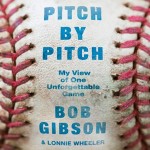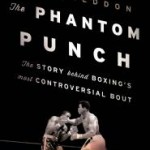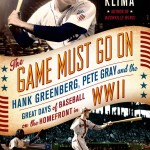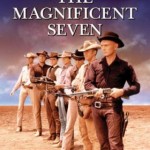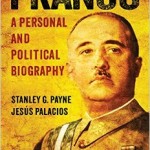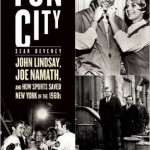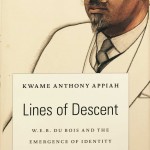
The Court of Obama
The notion that sports leads politics, represented in feel-good accounts of Jackie Robinson ending racism, have long since failed to pass muster. Yet perhaps the true audacity of hoop in the age of Obama is that off-court political issues are considered by the widest swath of American publics when voiced by those on it.
